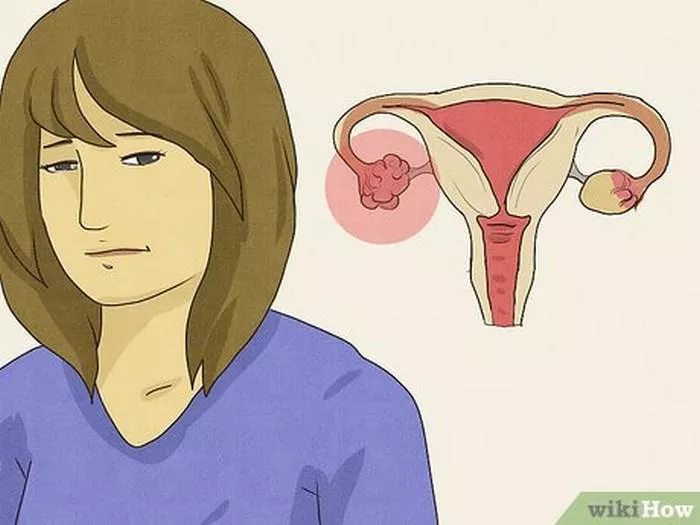As women grapple with the unjust burden and psychological strain associated with infertility stigma, a health expert sheds light on the truth behind the societal misconception and offers guidance to overcome the taboo.
Despite the multifaceted nature of infertility, which can stem from various factors including male-related issues, society unfairly places blame on women. This unwarranted attribution not only adds pressure on women but also fosters feelings of inadequacy and disappointment.
Furthermore, society’s fixation on women as the sole cause of infertility reinforces traditional gender norms and expectations. By singling out women, accountability for partners is diminished, and systemic factors contributing to fertility challenges remain unaddressed.
Dr. Ankita Kaushal, Consultant – Fertility and IVF at Motherhood Fertility and IVF in Kharghar, emphasized in an interview with HT Lifestyle that infertility is a complex issue affecting both genders, yet societal stigma disproportionately targets women. This stigma can lead to shame and embarrassment among women facing infertility, significantly impacting their mental well-being. The pressure to conceive and societal scrutiny exacerbates feelings of frustration, guilt, embarrassment, isolation, agitation, and even suicidal ideation.
Dr. Kaushal stressed the importance of acknowledging that infertility is not solely determined by a woman’s actions or biology. Various factors such as medical conditions, genetics, and environmental influences contribute to infertility. Blaming women perpetuates harmful stereotypes and adds unnecessary stress to an already challenging situation. Society must shift its perspective to offer support and understanding instead of judgment and condemnation to individuals facing infertility.
Highlighting society’s role in reshaping the discourse around infertility and refraining from blaming women, Dr. Kaushal emphasized that infertility is a medical condition that can affect anyone, regardless of gender. By redirecting attention away from blaming women, a more supportive environment can be fostered where individuals feel empowered to seek help without fear of judgment.
In conclusion, Dr. Kaushal advocated for open and empathetic conversations about infertility to break free from the cycle of shame and embarrassment. Creating a safe space for women to share their experiences fosters a more supportive community for those grappling with infertility. It’s imperative to dispel the notion that infertility is solely a woman’s burden and advocate for compassion, education, and acceptance in addressing this sensitive issue in society.

























